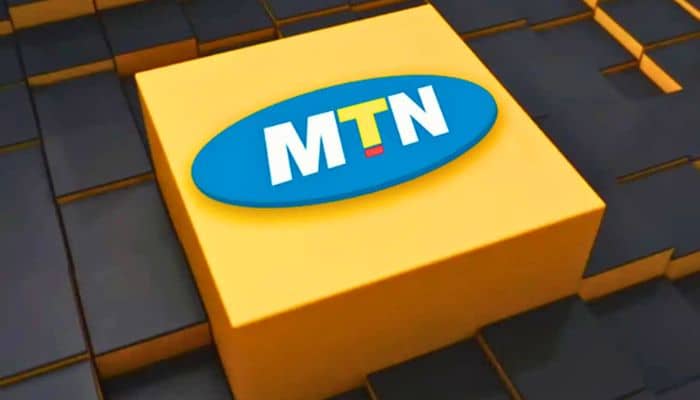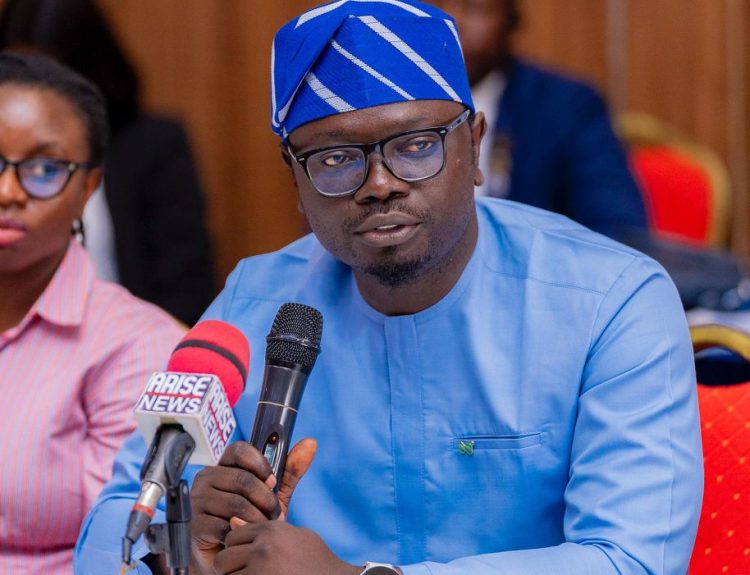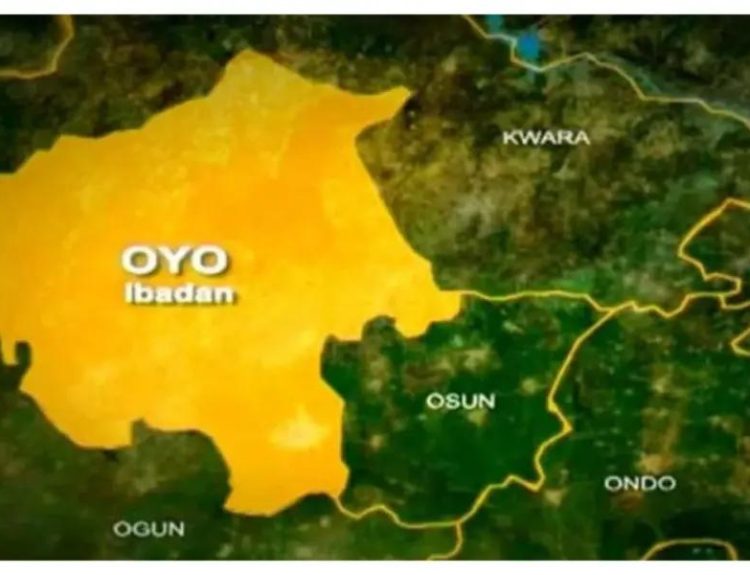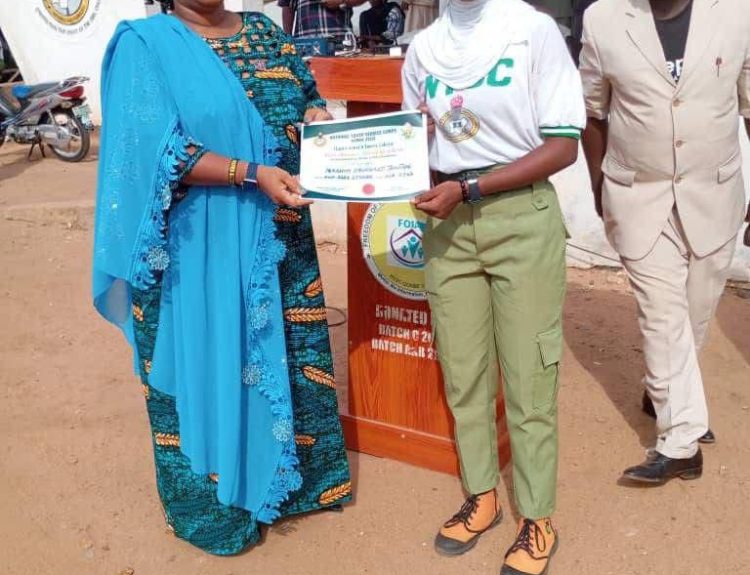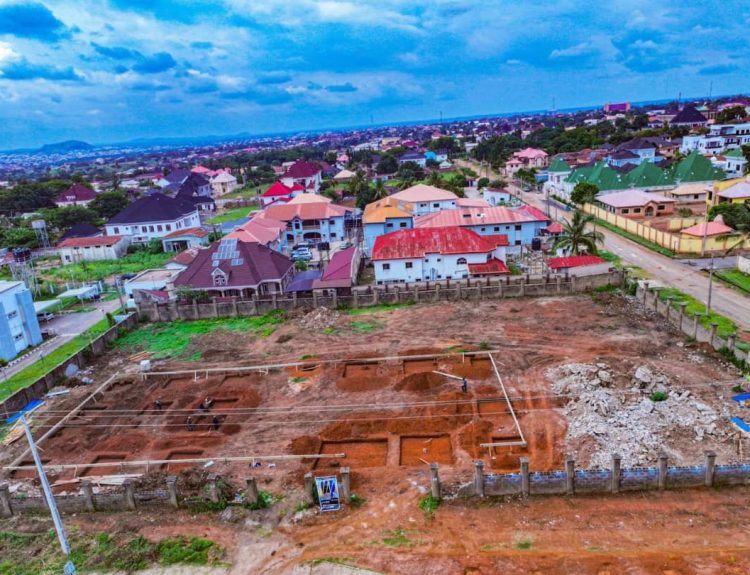MTN Group has reinforced its commitment to bridging Africa’s digital divide by pledging $2 billion to support regional connectivity efforts. This contribution is part of the International Telecommunications Union’s (ITU) Partner2Connect initiative, which has so far amassed a total of $73 billion to enhance global digital inclusion.
The ITU, a United Nations agency responsible for digital technologies, made the announcement at the ongoing Mobile World Congress (MWC 2025) in Barcelona, Spain. The Partner2Connect initiative is a global drive aimed at mobilizing funds and resources to improve digital access, strengthen connectivity infrastructure, and ensure that every individual, regardless of location, has access to the internet.
Speaking on the latest commitments, ITU Secretary-General Doreen Bogdan-Martin highlighted the significance of expanding digital networks across the world. “In space, on land, and under the sea, expansive digital infrastructure highlights how much humanity values and depends on meaningful connectivity,” she said. “These new pledges bring us even closer to our goal of delivering sustainable digital transformation to everyone, everywhere.”
MTN’s latest commitment is a continuation of its sustained investment in Africa’s digital future. According to the ITU, the telecom giant has been spending an average of $2 billion annually on capital expenditures across its markets for the past five years. The company has also projected similar levels of investment for the next five years to accelerate digital penetration across the continent.
MTN’s financial commitment will be channelled towards expanding and upgrading its voice and data networks, improving internet access, and strengthening mobile coverage in underserved and rural areas. The ITU emphasized that such investments are crucial for advancing digital inclusion, fostering economic growth, and unlocking new opportunities for millions of people across Africa.
In addition to MTN’s pledge, Globalstar, another major player in the telecommunications sector, has committed $2 billion to expand its Low Earth Orbit (LEO) satellite network. The company’s investment will enable seamless, low-latency, and energy-efficient connectivity for direct-to-device (D2D) and Internet of Things (IoT) solutions. This initiative is expected to significantly improve access to communication services in remote and hard-to-reach areas, offering reliable and cost-effective digital solutions to those who need them most.
The announcement comes at a crucial time as the ITU celebrates its 160th anniversary in 2025. The UN agency remains dedicated to ensuring a digitally inclusive future by advancing efforts to connect the unconnected, accelerate sustainable digital development, and empower individuals to maximize the benefits of digital technology.
According to ITU statistics, an estimated 2.6 billion people worldwide are still offline, with many residing in regions where infrastructure and connectivity remain significant challenges. To address this digital gap, the ITU has set a target of securing $100 billion in commitments for the Partner2Connect initiative by 2026. The funds will be used to develop projects that promote digital transformation, particularly in areas with limited access to modern technology.
The organization also estimates that a staggering $1.6 trillion will be required in hardware investments alone to achieve full global connectivity, with the bulk of these resources needed in developing countries. The newly announced financial commitments from MTN and Globalstar will contribute to ITU’s broader mission of ensuring that no one is left behind in the digital age.
So far, more than 1,000 pledges have been made under the Partner2Connect platform, spanning 147 countries and involving various governments, private sector entities, and other stakeholders. These contributions are expected to accelerate the expansion of digital infrastructure, enhance connectivity in underserved areas, and drive technological innovation across the globe.


